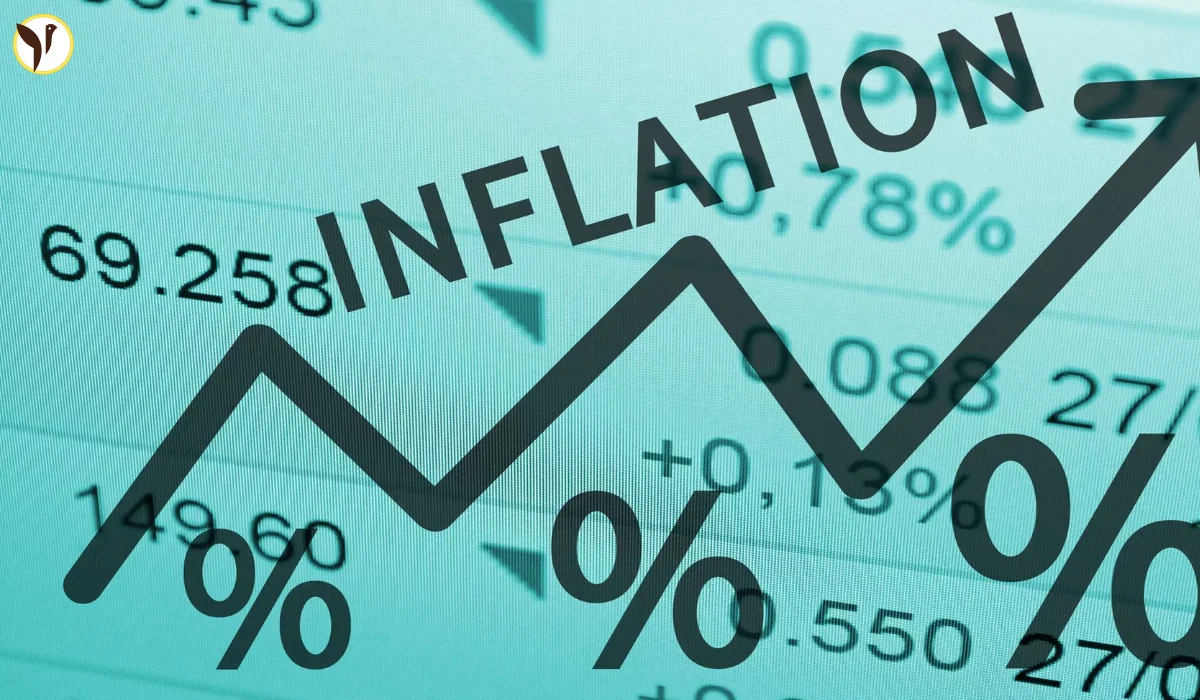UK Inflation Surges Sharply to 3.5% in April 2025
According to the National Bureau of Statistics (ONS), UK inflation has drawn sharp and unexpected turns, up from 3.5% in 15 months in April 2025. This sudden increase in data in April has surpassed expert forecasts, created new challenges and increased long-term living costs across the country due to rising UK inflation.
Rising Costs in Key Sectors Push Living Expenses Higher
This increase was primarily due to rising prices in key categories such as energy, food and UK budget calculations, making life expectancy in the UK more expensive for millions. After months of general inflation withdrawal, this reversal sparked expectations and fear for financial markets.
Market Reaction and Economic Context
According to Bloomberg, the leap highlights sustained inflationary pressures in an economy that has had the highest UK inflation rate since the beginning of 2024 and is still recovering from global and domestic shocks. As basic goods and services become more expensive, many families are forced to tighten their belts to avoid limiting critical purchases and to place a burden on the retail and services industry.
Potential Interest Rate Hikes and Household Impact
If interest rates rise, this could lead to higher mortgage and loan credit costs, putting even more pressure on already expanded households. Prime Minister Jeremy Hunt is now calling for increased criticism and urgent intervention as he accused the government of not being sufficient to manage the cost of living in Britain.
Policy Debates and Government Response
The unexpected rise in UK inflation in April 2025 has resumed discussions on economic policy. They also resumed whether tax support or stricter financial measures at this critical time were the correct response. The pressure on UK families is not only economically, but also because they are worried about making rent, food and energy bills, both emotionally and socially.
Market Sentiment and Business Outlook
At the same time, financial markets respond cautiously. This highlights the trends in inflation and the potential changes in the Bank of England's profit decisions. Companies are also ready for the second quarter as increasing inflation could undermine profit margins and weaken demand from consumers.
Future Outlook and Political Implications
If inflation continues to rise in the UK, this will have a major impact on the public sector, impact welfare spending, and allow for political landscapes to be redesigned as nearby elections. At this point, April inflation data serves as a strong memory of the pandemic health crisis behind us, but it still falls from the aftershocks of the economy.
Conclusion: Navigating the Path Ahead
Political decisions - Manufacturers must navigate the fine balance sheets that stimulate growth, while simultaneously maintaining chess inflation and supporting citizens without persuading public handbags. The next few months will be important to determine whether the UK will be able to regain economic stability or if it will face longer financial difficulties.









